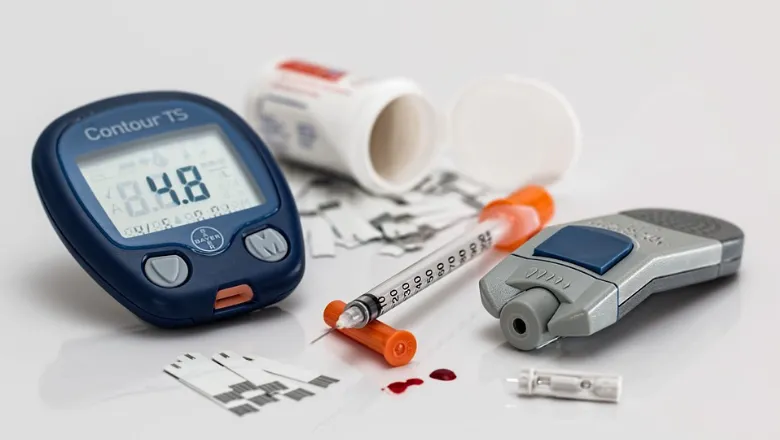Treating the underlying causes of lifestyle disease like type 2 diabetes in a sustainable lifestyle change sounds logical but not many studies use this approach. This pilot study of a lifestyle intervention program is a good step in the direction of providing evidence about how type 2 diabetes can be cured with lifestyle interventions and healthy nutrition.
Lead author Dr Gerda Pot, Visiting Lecturer in Nutritional Sciences
15 May 2019
New lifestyle programme shows possibility of reversal of type 2 diabetes
New research demonstrates how educating patients with type 2 diabetes about nutrition and lifestyle has reversed the symptoms of the condition.

Worldwide, the number of people with type 2 diabetes has risen drastically in the last decade to 425 million people. This is largely due to lifestyle choices including unhealthy eating habits.
While lifestyle interventions, including diet, exercise and stress relief, are possible solutions to stop this trend and reverse diabetes, there is limited evidence to show this.
In a study published today in BMJ Nutrition, Prevention & Health, King’s scientists with the Louis Bolk Institute have demonstrated how a six-month pilot programme has shown signs of reversing type 2 diabetes.
The programme, called ‘Reverse Diabetes 2 Now’, was developed by the Dutch Foundation, Nutrition Alive and included intensive counselling on nutrition and lifestyle, a digital coaching and education platform, physician-guided medication management and cooking classes.
The programme adopts a different approach focusing on lifelong lifestyle changes, including unprocessed, fresh foods and no restriction on calories. Guidance was provided to 72 participants for six months by a support team, including a dietician, a personal coach and a nurse who worked in collaboration with the patient’s GP. Participants received instant biometric feedback, by routinely measuring their blood glucose levels after meals, and measuring their waist circumference.
After six months on the programme, participants had a lower body weight, waist circumference and BMI compared to the beginning of the study. Results showed that 49% of participants used less medication, 13% ceased all glucose-lowering medication and 15% came off insulin altogether. Participants reported to feeling less fatigued, had higher levels of concentration, were more motivated to be physically active, and experienced fewer sleeping problems.
Longer trials of this study are expected to commence soon with hospitals in India and China piloting the ‘Reverse Diabetes2 Now’ programme this autumn.
Read the full article here.
